National Post writer Christie Blatchford passed away last month, resulting in a flurry of articles praising her career in Canadian mainstream media.
The experience of reading Blatchford’s articles was very different as a trans person. She regularly used her platform to advocate for a world free of those perceived to be gender non-conforming. In her estimation, it was those who advocated for the erasure of the gender diverse who were the true victims.
I empathize with those who knew Christie Blatchford and the grief they face. Individuals are complicated, and they can simultaneously be kind to some and harmful to others. I appreciate that she loved and was loved. Still, I am also relieved that a leading newspaper in Canada with a readership in the millions will produce a tad less fear-mongering articles about gender diverse people.
The public nature of Blatchford’s work bequeathed on her a responsibility to appreciate the humanity of those she wrote about. To rise above the comfort of judgement and listen to those she did not understand. This would not be the path of her choosing. Her career was full of cruel assertions about sexual assault victims, trans people, and indigenous folk. This was the norm for her in the years I knew her writing, not the exception.
As the lack of nuance from the mainstream media’s coverage of her legacy is normalizing transphobic discourse, I wanted to discuss that aspect of her career in this article. Specifically, I want to argue that the National Post should have had standards prohibiting transphobic speech among others for Blatchford to abide by, and that doing so isn’t a threat to freedom of speech.
Freedom of Speech
I’ve noticed that the response by people when bringing up the dehumanizing aspect of Christie Blatchford’s work has been to express discomfort and defend her writings as a matter of freedom of speech. This reaction is always voiced from a demographic never maligned by Blatchford: straight white settler cisgender individuals.
The concern over freedom of speech is valid, but not appropriate in this context for two reasons.
First, because it is used to shut down discussions on transphobia. Once these discussions shift to freedom of speech, and how cis people feel, it never goes back. This is part of a larger pattern of ignoring current and measurable prejudice to center concerns that are hypothetical.
Second, because it requires an ignorance of the disparity in liberty of expression with those who are gender diverse, or it wouldn’t be talked about in these terms. This difference in liberty between cis and gender diverse individuals would be more quickly grasped if the situation were reversed; a world where:
- Where none of the regulars in newspapers or magazines were cisgender. Where none of the voices of authority on television were either. Where they were replaced by non-cisgender people in film.
- Where cis people had their videos removed from search results on YouTube for discussing their health, or were involuntarily prefaced by ads advocating against the acceptance of cisgender people.
- Where cisgender people had videos talking about their lives taken down on TikTok for being against “community guidelines”.
- Where cisgender people had their accounts banned on Facebook because their name matched the one they had at birth.
- Where selfies of cisgender people were banned from Instagram for being “sexually suggestive”.
- Where none of the policy makers in leadership positions were cisgender.
- Where events for cis people to share space together were violently disrupted by anti-cis advocates.
- Where cisgender people were intimidated in the street for being cis and consquently avoided public spaces.
- Where anti-cis advocates were invited to Parliament and celebrated but never cisgender people themselves.
Back to reality, these cisgender people are concerned that bigoted views that already have near-complete reach might not be welcome on every single platform. Gender minorities meanwhile are struggling getting innocuous content on platforms at all. If the debate on freedom of speech was more holistic, it would devote significant attention to the latter. Ignoring this difference produces solutions that reduce hearing disparate voices and entrenches homogeneity.
To raise awareness about this difference is challenging as it is difficult for many cisgender people (or white, or able-bodied, or settler, or affluent) to entertain discussions on barriers that disproportionately disenfranchise an out-group. Part of this is because of a shared belief that these barriers are applied equally to all, and if an out-group is disproportionately disenfranchised by it, it’s because members of that out-group are disproportionately doing something to bring these difficulties upon themselves. It’s hard for members of an in-group to believe the obstacles faced by an out-group to be genuine when it’s never been a problem for them.
Further complicating discussions is the success that anti-trans advocates have had in coding their discomfort of gender diversity with freedom of speech. Just as with the “freedom of religion” dog whistle for homophobic discourse, years of employing freedom of speech as a vehicle to advocate against the acceptance of trans people has resulted in positioning this as the go-to argument. Advocates against equality specifically elevated these arguments because there was a grain of truth to them and would appeal to the greater public of the time.
The Myths
So what’s so wrong with these discussions anyways? After all, if debate is a mechanism to improve understanding then opposing views are integral to that. Plus the ability to speak unpopular opinions is crucial to a free society. Why shouldn’t the Toronto Public Library be involved in presenting trans women as a threat to the general public? Why shouldn’t the National Post implore parents not to accept their non-binary children? Surely if these claims are without merit, the public will see it as such.
Or so the argument goes. This logic is predicated on a few myths; chief among them that the best argument wins. It does not. Contemporary history of trans rights in Canada is filled with examples of ignorance trumping evidence-based arguments in policy and law. It is the argument backed by those with the most clout that carries the day; not the best. When equality has been recognized through history, it was because it conferred immediate benefit to those in power.
The second myth is that these debates are a harmless exchange of words. This is true when discussing what colour to paint a wall. It is not true when the debate is about whether one party deserves to face adversity. It’s never framed this way, but that’s what it comes down to. The cisgender people who participate in these debates are not the ones having their humanity questioned. You don’t see advocates railing against the acceptance of cisgender people in newspapers, on television, on the Internet, in Parliament and then lamenting when they aren’t given yet another platform. This discrepancy between participating parties is rarely if ever explored.
The cost here is not just felt by gender diverse people in these debates, but seeps out to those who watch them and beyond. As a trans person, it pains me to watch people argue that I deserve mistreatment. My reaction is exacerbated by a history of being harassed for being perceived as gender non-conforming. It makes me feel less safe. I’m not alone. 68% of gender diverse people in Canada experienced verbal harassment in the past 5 years, while 37% experienced physical intimidation or threats. 84% avoid one or more public spaces for fear of harassment. Spreading this rhetoric further doesn’t happen in a void; it facilitates this hostility. The platforming of these views is also what made 2019 one of the most violent years for gender diverse people in Canada.
A third myth is that debates change hearts. This possibility is exaggerated. People are inclined to believe voices that validate their world view and hold a bias against dissenting ideas. So it’s more likely that these debates provide ammunition to opponents of gender diversity than change any hearts.
This too I’ve seen first hand. I participated in trans health education sessions where professional psychiatrists were averse to accepting gender diversity in youth. In one session, a psychiatrist brought up conspiracy theories that trans youth weren’t real, but unduly influenced due to having autism or the product of “social contagion“. It’s harder to point out the bias underpinning the discomfort with gender non-conformity with platforms like the Vancouver Public Library or the National Post attaching their name to these discredited theories.
The fourth and final myth I’ll address here is that free speech is threatened when it is denied a platform. It might be true in a different context, but certainly not for transphobic views. If you want to hear bigoted views about trans people, just turn on the television, watch a movie, read the comments section, go on YouTube, or walk down the street. We are immersed in these opposing views. They are not endangered. They aren’t even the unpopular opinion; a quarter of Canadian men are uncomfortable with a trans person moving next door and roughly half of all Canadians support restrictions on washroom use by trans people. Just ask any gender non-conforming person and they’ll have a story about how a random passerby let their intolerance known.
What is changing is that this prejudice is no longer welcome on every single platform. Whether a platform welcomes you or not does not infringe freedom of speech. Being granted a space across platforms universally is a privilege, not a right.
This lack of hegemony bothers some people. It’s not uncommon to hear straight white settler cisgender men object to safe spaces for example. Safe spaces merely being one place where minorities wouldn’t be dehumanized. Again it’s telling that those who advance these views are never those subject to this mistreatment.
It also speaks to an entitlement, one where all spaces have traditionally been accessible, and where it is regarded as injurious to be denied that prerogative. This is not a luxury that most minority groups enjoy to this day, a reality not typically acknowledged by those who are concerned about this loss of access.
It’s About Power
I think that what’s framed as being about freedom of speech is actually about the gradual shift to including interests beyond those of straight cisgender white settler men in decision-making.
I think this is why there isn’t the same ruckus about freedom of speech when other content is denied a platform, be it YouTube removing videos that falsely link a virus to 5G cellular networks or Twitter taking down political troll accounts. The distinction here is that this content was taken down at the behest of that narrow demographic of straight cisgender white settler men, rather than anyone else.
There is a discomfort with the inclusion of previously ignored voices of minorities in decision-making. It leads to institutional restrictions on mistreating others in a way that didn’t exist before for the privileged group. It can mean policies to reduce barriers explicitly faced by the under-represented.
This change can be felt as a loss of liberties for the privileged group and therefore unjust. However, if there is a loss then it is from a position that never should have been; one inherited from a history of oppression and the ensuing inaction to adequately correct the effects of that oppression. I empathize with the people who don’t like change. Who does. It’s uncomfortable. But this isn’t an us versus them – all of us can do better by each other. We should embrace a future where those outside of a very narrow demographic also participate in decision-making in a way that’s consequential.
This change has been long due, and it is wrong to keep expecting people to face adversity for the sake of familiarity. These moves won’t end this oppression, but they are an incremental shift towards a society where everyone can flourish. It needs to happen, just as the National Post should have ceased publishing Christie Blatchford’s rants long ago.
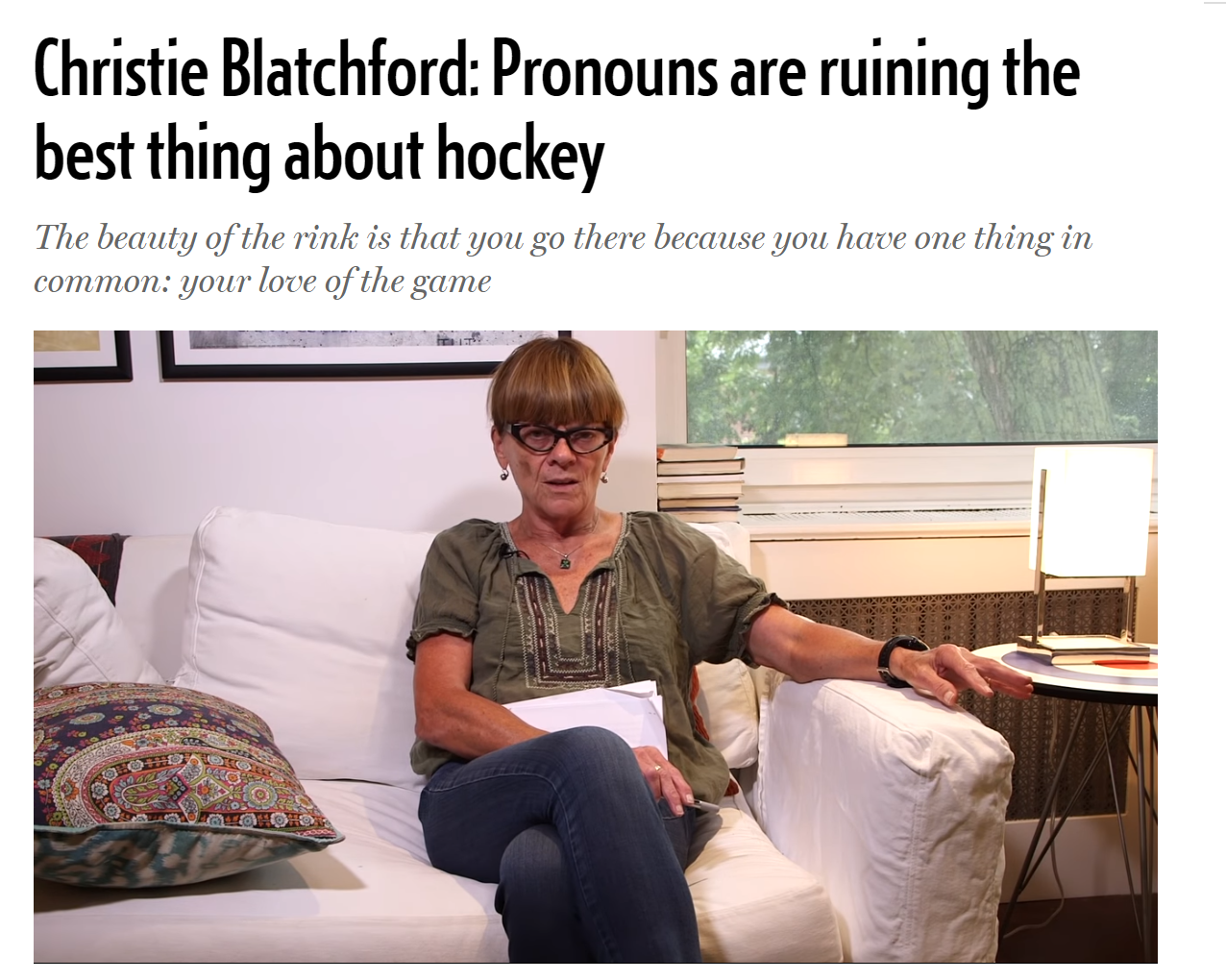
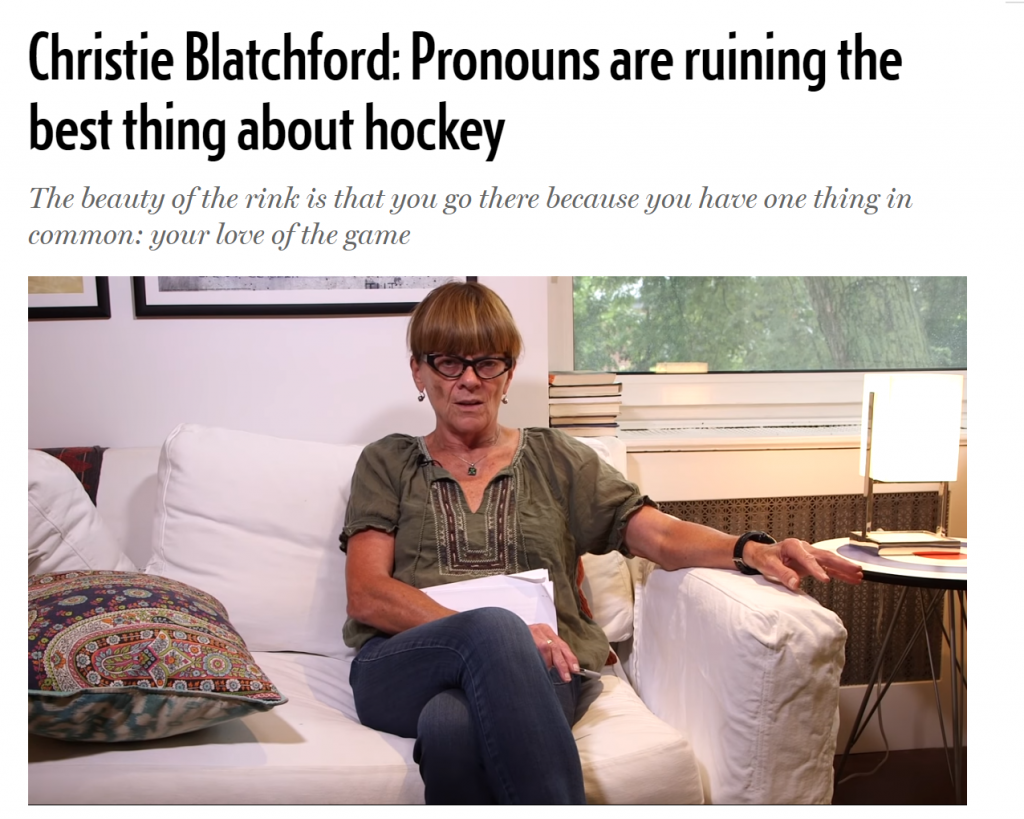
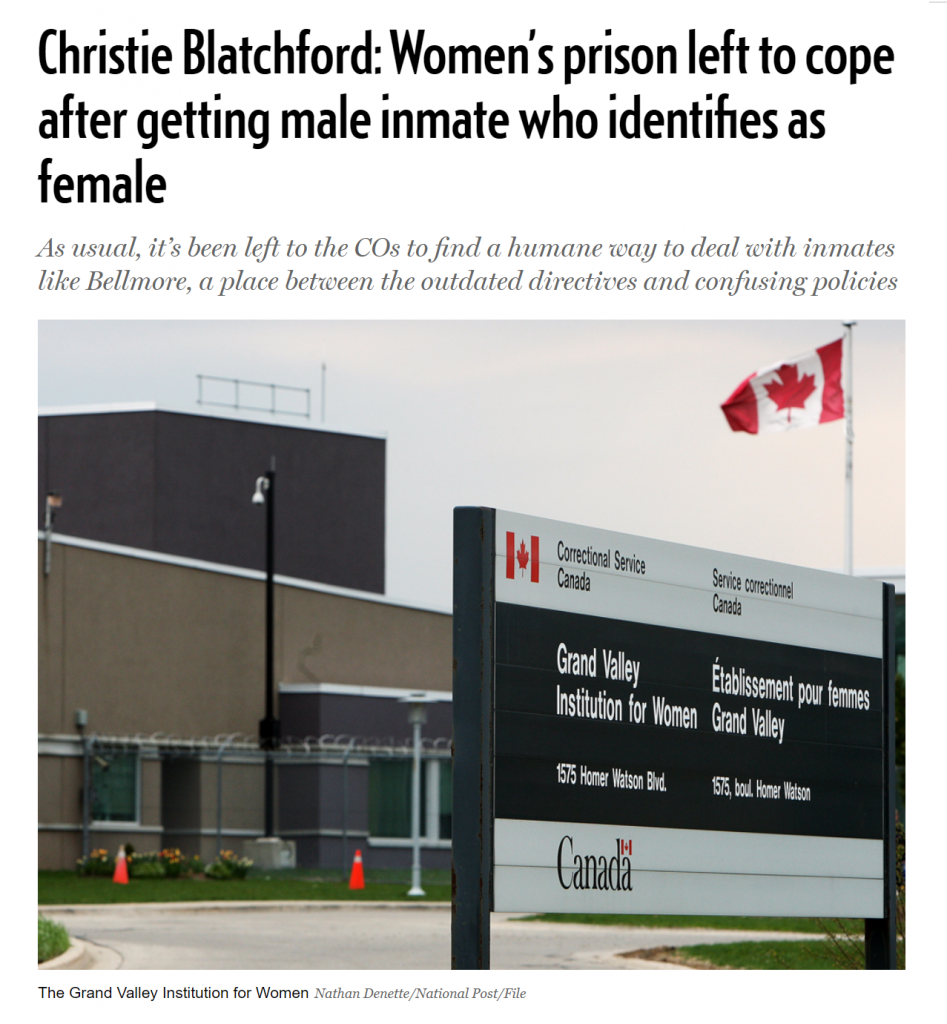
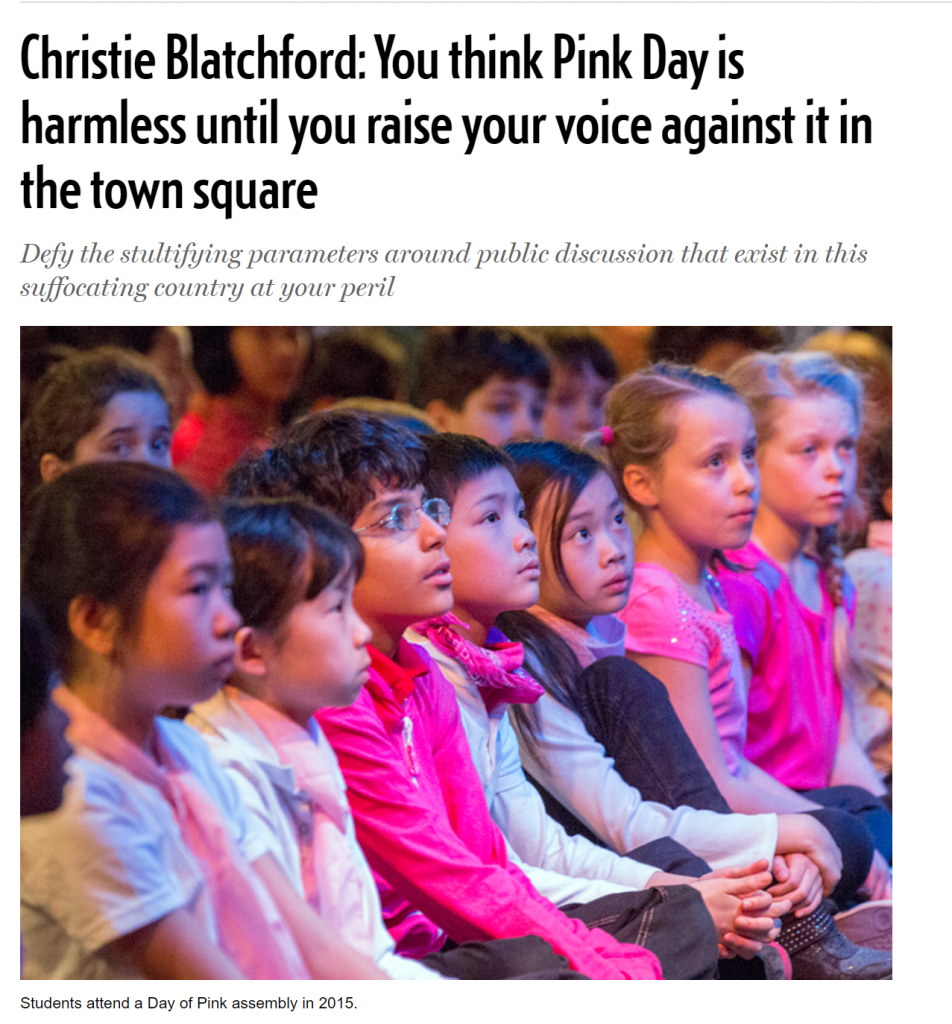
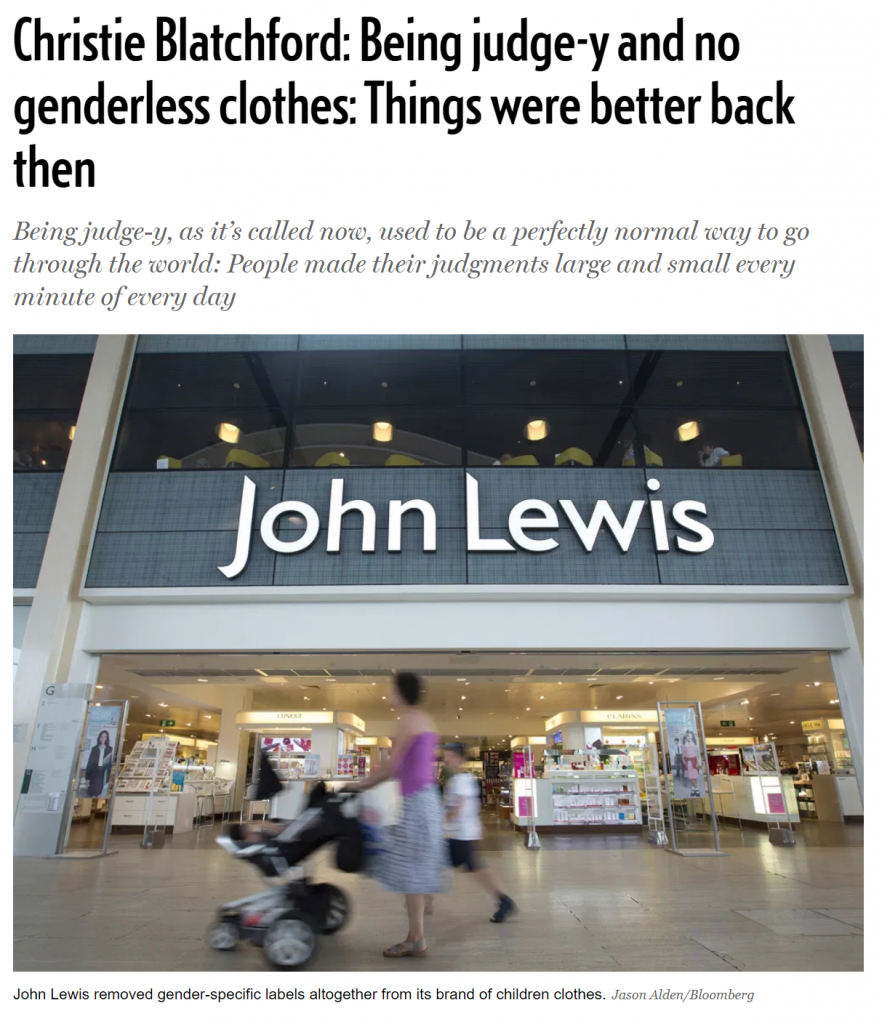
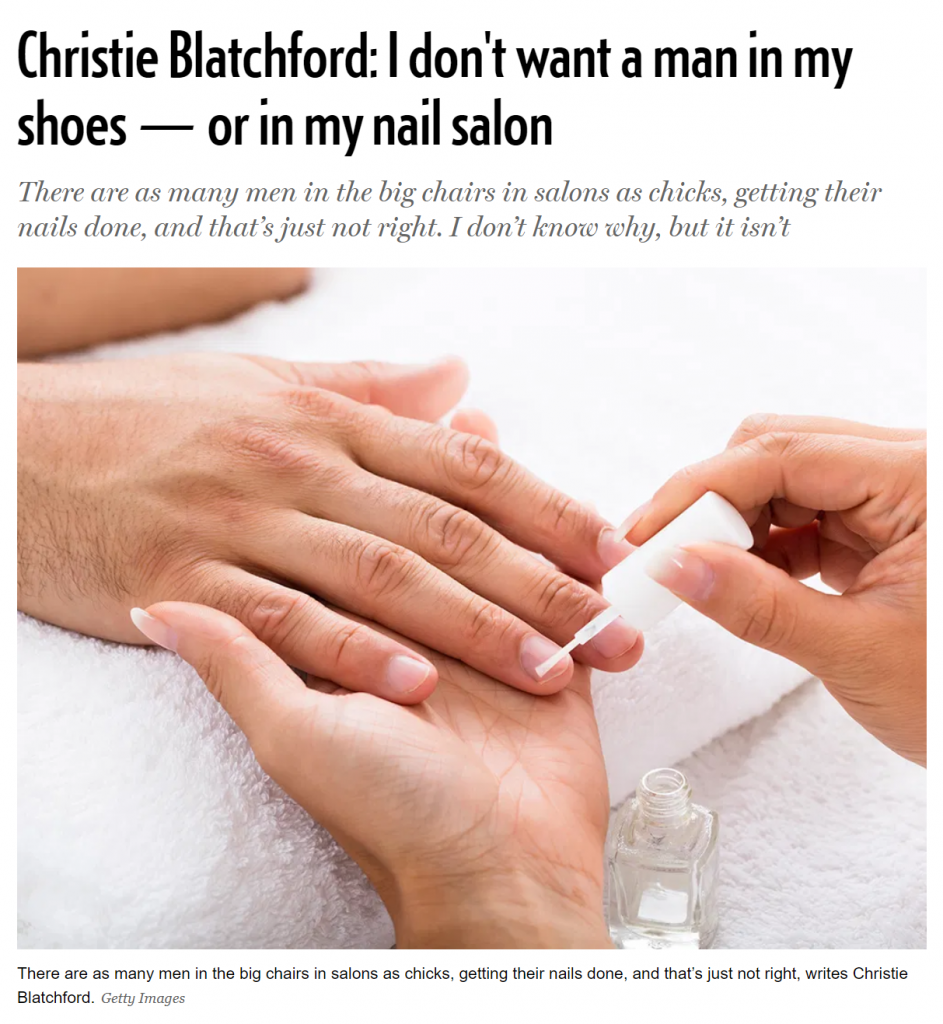
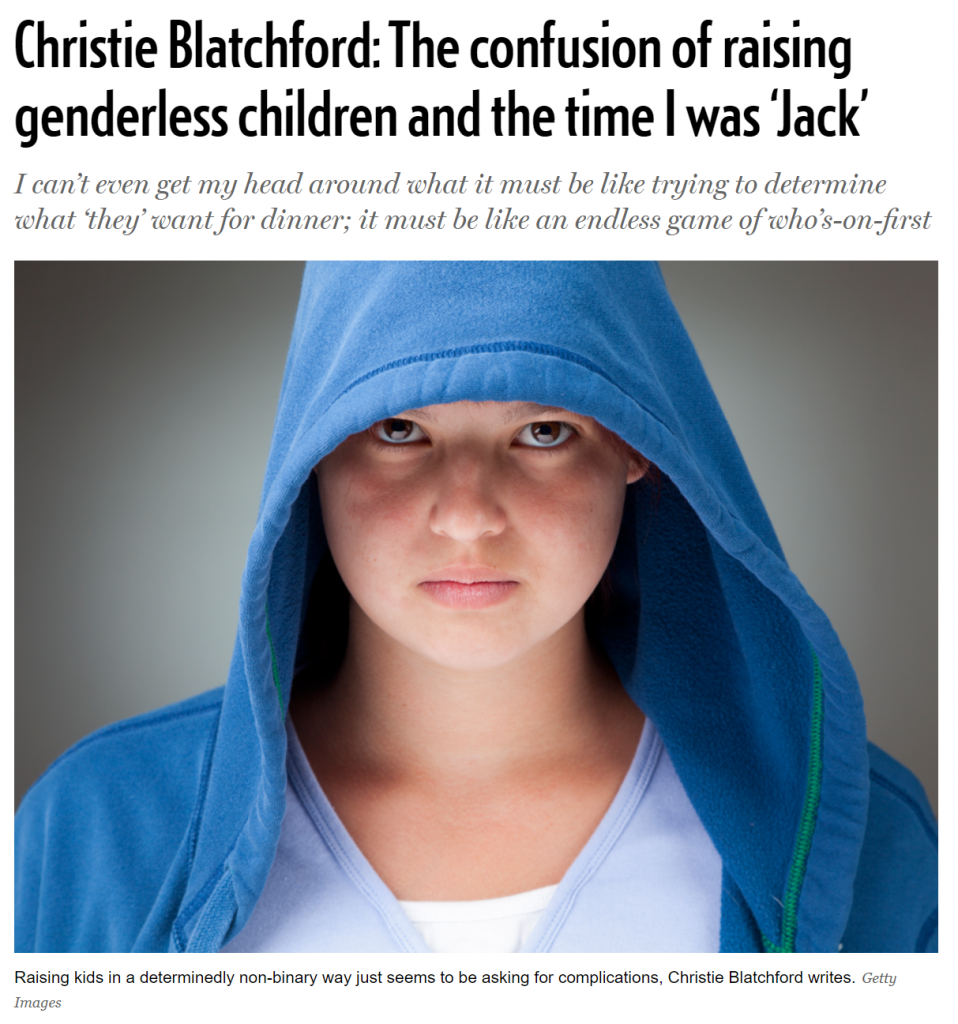
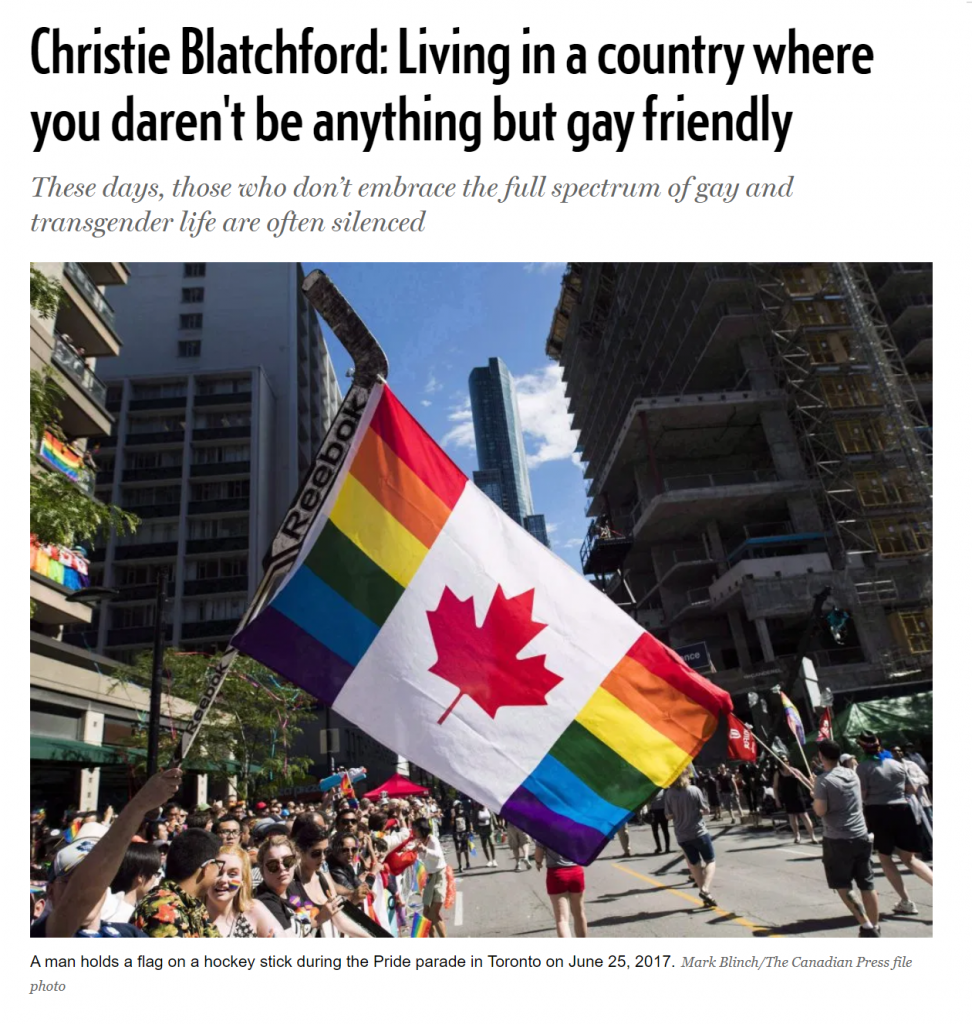
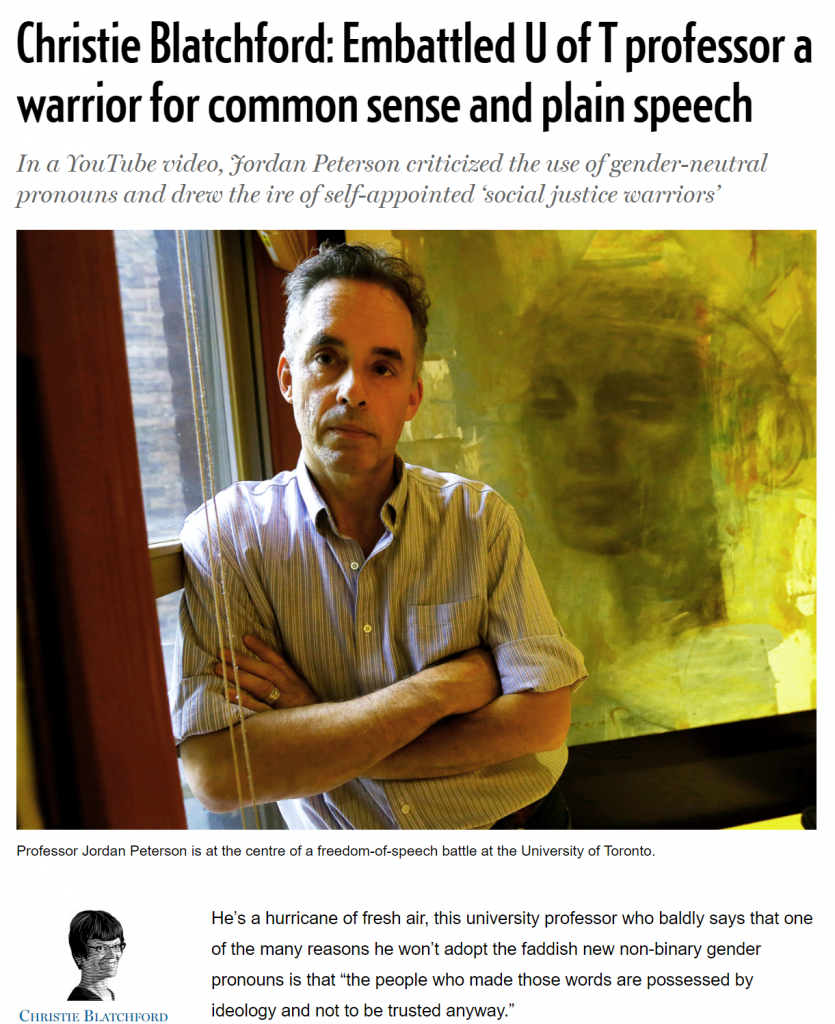
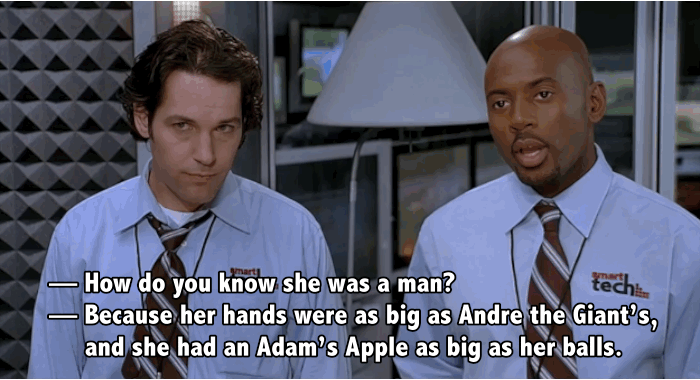
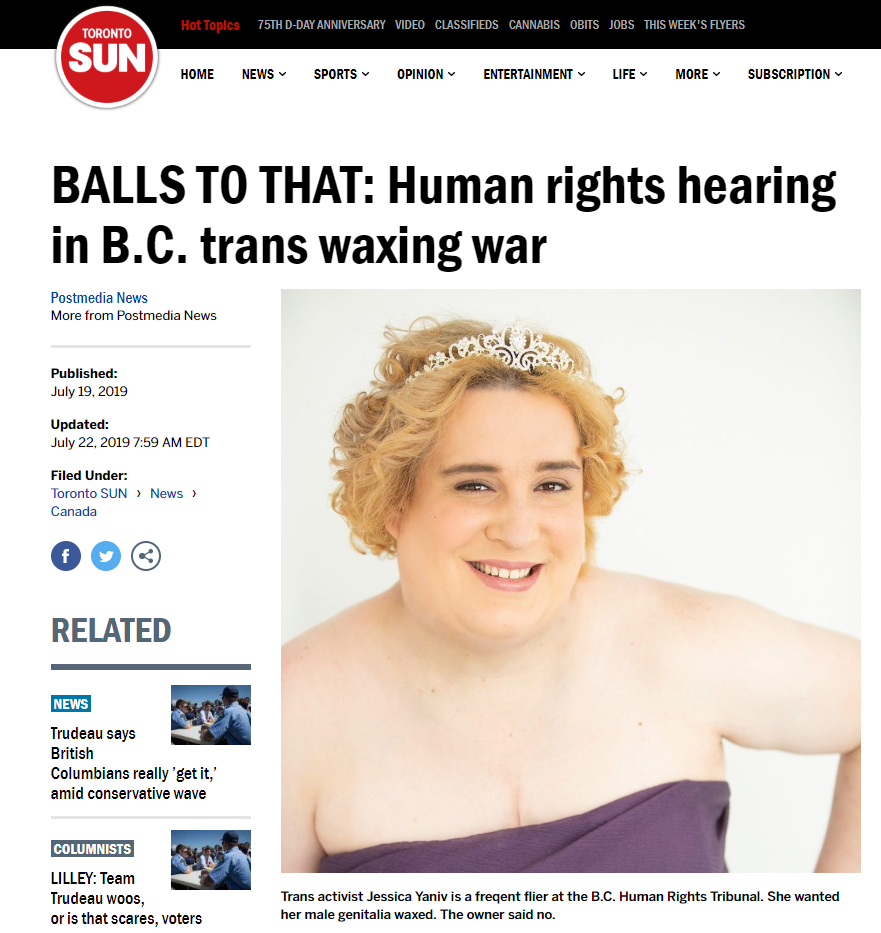

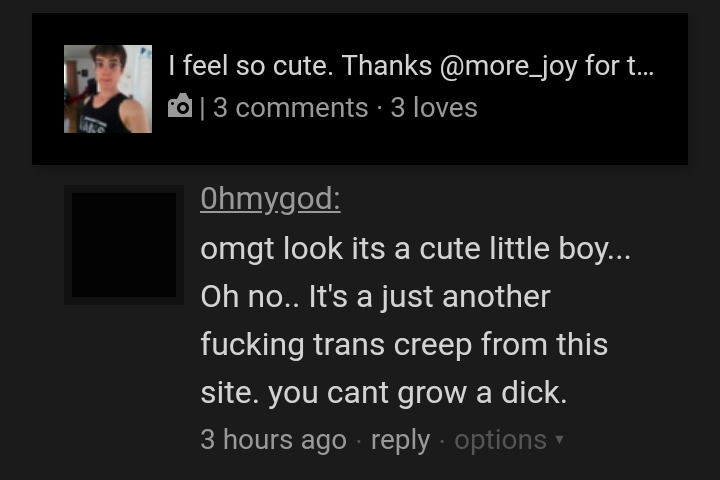
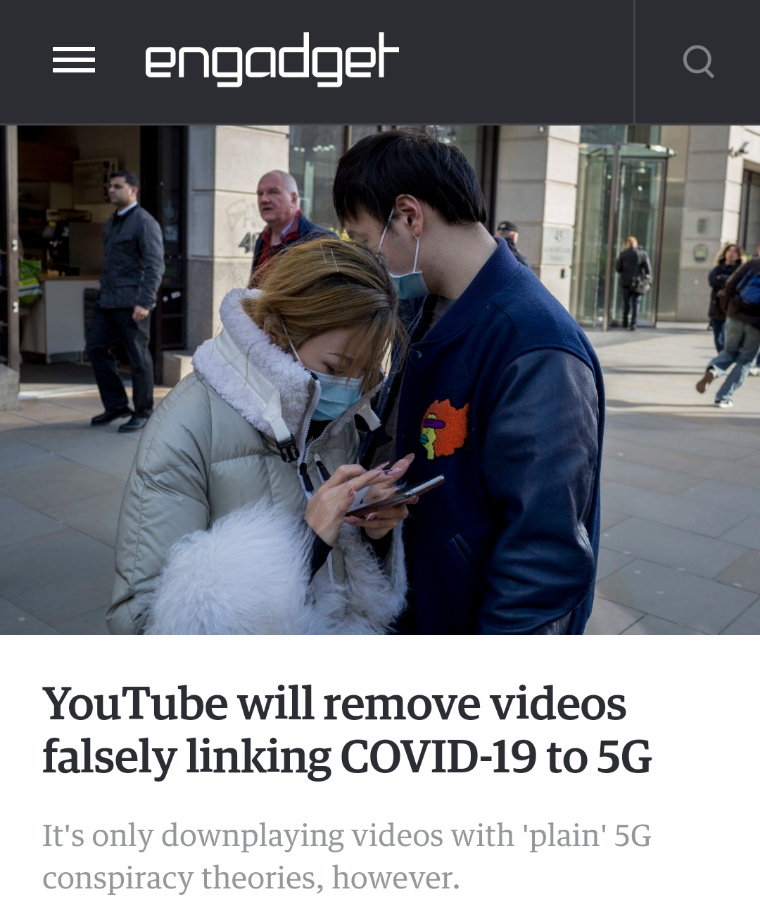
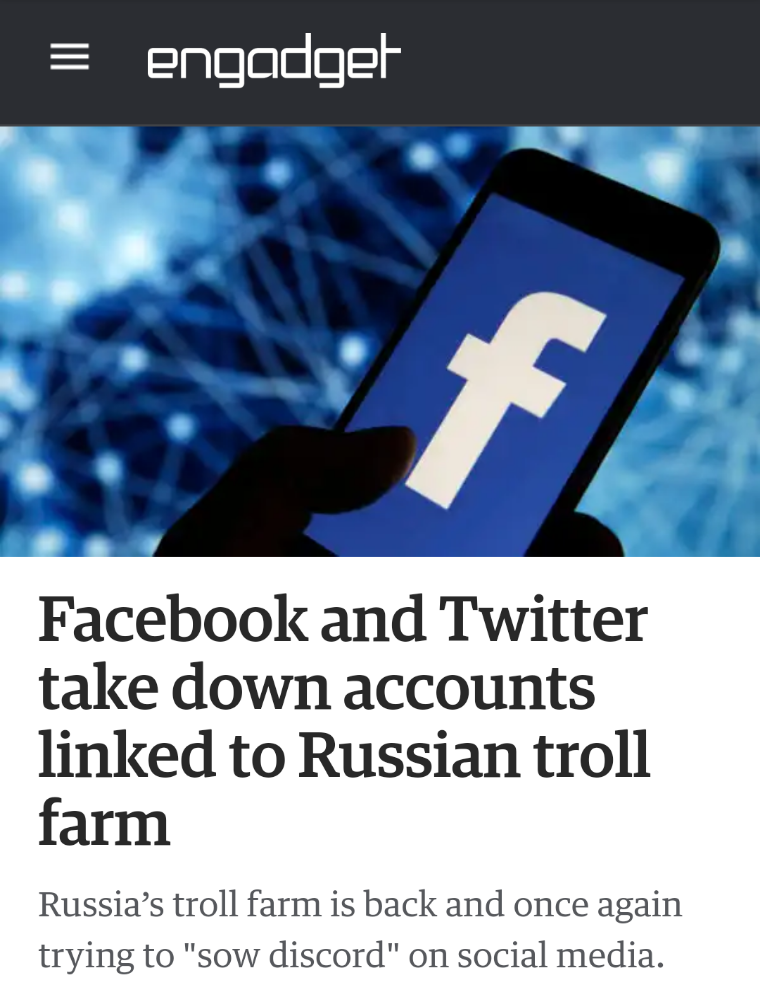
Comments
2 responses to “Christie Blatchford and Freedom of Speech”
Wow. Just wow. I’d like to see this published in a wider forum. This is the most powerful commentary and analysis I’ve read on Blatchford’s legacy. I’m only sorry that your knowledge has been borne of pain and personal attack.
Your article is well written and thought-provoking. My comment is not a directly related to your philosophy, but rather on my views about Ms Blatchford herself. For reasons not mentionable, I have always believed that she was herself, transgendered. I read her maligning words about non-cis-gendered (and also about indigenous) folk. I wondered ‘why’ she felt compelled to make such cruel assertions. I am not a psychologist, but I know, that she came from a generation that was even more unforgiving toward trans-folks than the present ones are. If my assumption about her gender is correct, was she perhaps trying to use her grievous words as a deflection?